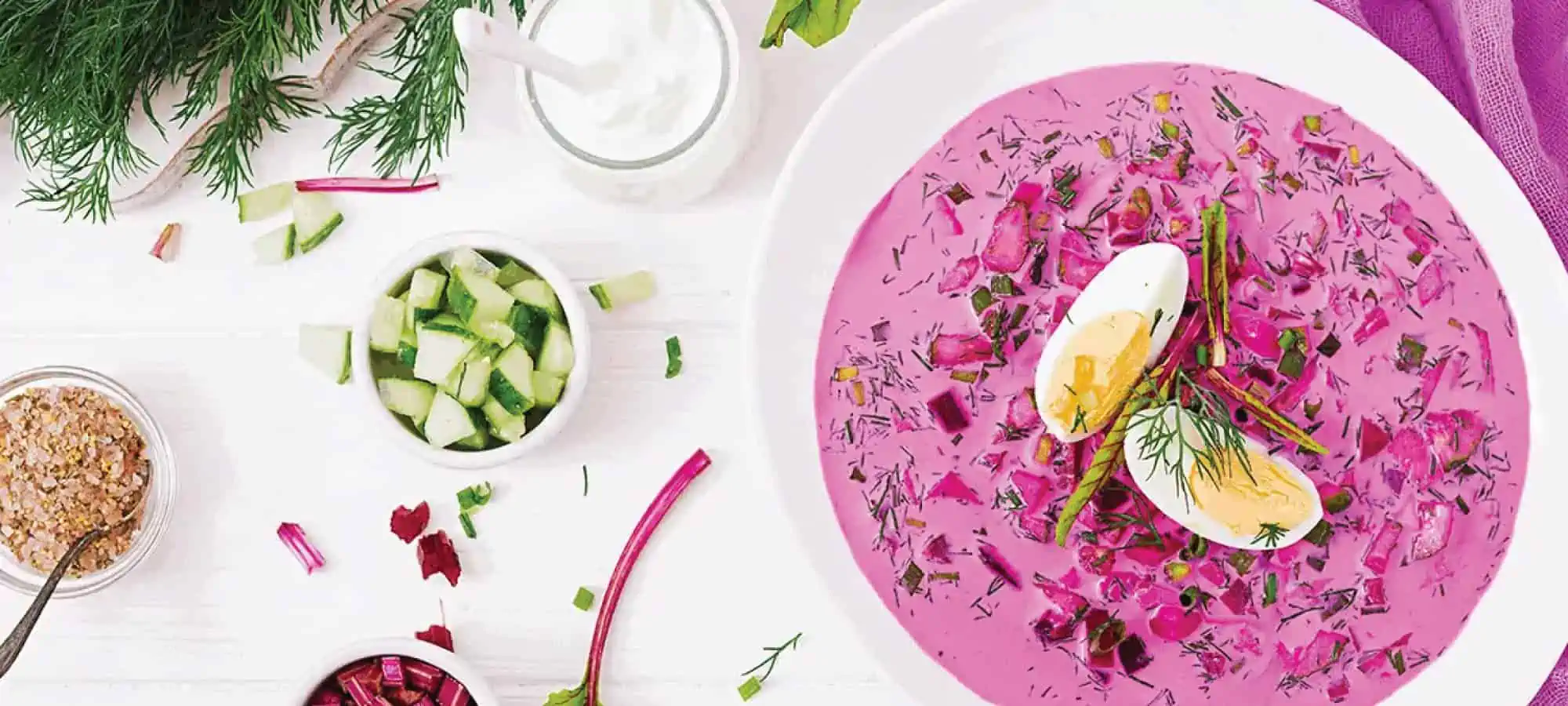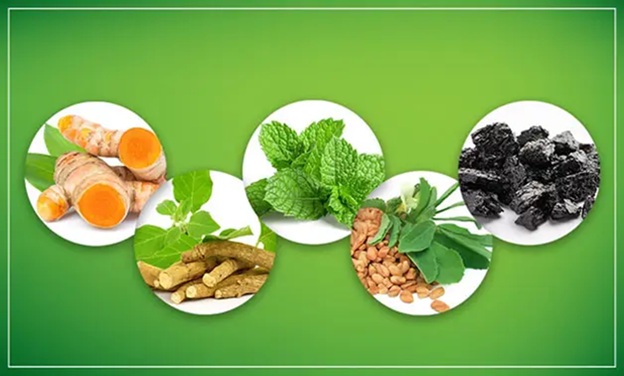Gut health benefits various body functions beyond digestion since it enhances both immune function and mental focus, helps the body absorb nutrients better, and maintains a steady state of continuous energy. People need to learn how prebiotics differ from probiotics in order to protect this balance and keep themselves well during extended periods. Although they share many uses, they work differently to benefit your microbiome and preserve its stability.
What Are Probiotics?
The consumption of living microorganisms known as probiotics brings various health advantages to the human body when they are included in dietary intake. The majority of prebiotic bacteria exist as beneficial strains that support various health benefits for individuals.
- Balance the gut microbiome.
- Improve digestion
- Strengthen the immune system.
The natural occurrence of probiotics exists in fermented foods that include:
- Yogurt with live cultures
- Kefir
- Kombucha
- Kimchi
- Tempeh
Food consumption of these items helps restore beneficial bacteria, especially after sickness or antibiotic treatments.
What Are Prebiotics?
Prebiotics serve as different from probiotics because they fail to contain living organisms. Having no digestive capability, human bodies classify them as fiber. The digestive bacteria present within the gut consume prebiotics for their survival. Familiar sources of prebiotics include:
- Garlic
- Onions
- Asparagus
- Apples
- Barley
- Chicory root
Eating prebiotic foods strengthens beneficial gut bacteria so their ecosystem becomes stable and more diverse.
How They Work Together
Prebiotics work as a food supply for probiotics to grow inside the body. The combination of prebiotics enables healthy gut bacteria from probiotics to receive the nourishment they need to grow. Together, these components form a dual-effect support platform that promotes excellent gut health conditions. This teamwork:
- Strengthens the gut lining
- Improves nutrient absorption
- Reduces gut-related inflammation
- Boosts immunity
Combining onions in fermented veggies with banana-topped yogurt provides an easy method to obtain natural prebiotics and probiotics.
Health Benefits to Expect
Regular consumption of both prebiotics vs. probiotics provides the following health benefits when you maintain their use.
- Easier digestion and regular bowel movements
- Your gut’s connection to the brain allows improved mental concentration and a better mood state.
- Better mineral absorption, especially calcium and magnesium
- Lower chances of developing chronic gut disorders like IBS
Begin with modest portions of these foods since they are new to your diet. Instantly adding more fiber along with probiotic foods into your diet might produce temporary bloating or gastric distress.
Tips for Including Them in Your Diet
You do not need complex measures to ensure gut support. You can add these foods easily through the following methods:
- A tablespoon of kefir functions as an addition to your daily smoothie.
- In cooking, garlic and onions provide a base of taste.
- Snack on green bananas or apples.
- Make it a habit to consume fermented foods at least three days per week.
Cut back on processed foods together with sugars since these foods destroy beneficial gut bacteria.
Final Thoughts
It is more important to use both prebiotics and probiotics wisely when you want to care for your gut. Include vegetables along with fruits, whole grains, and fermented foods in your daily diet that should be primarily colorful and natural. Building up your gut health today will establish stronger digestive capabilities and better immunity as well as better overall wellness tomorrow.





